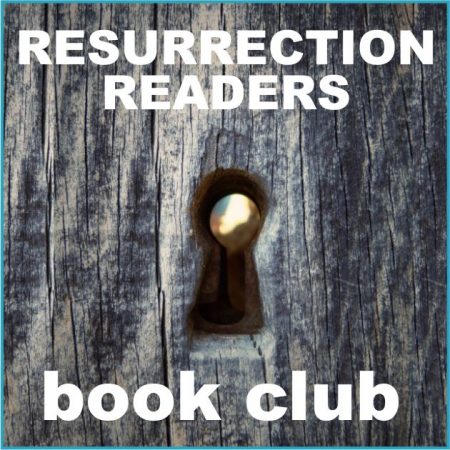Join other bookworms as we gather to expand our horizons! First Tuesday of each month @ 1 pm. For more information, please contact Bonnie-Lou Binnig or the LCR Office
OCT 4. The Girl from the Train by Irma Joubert. Gretl is 6-years old when she jumps the train bound for Auschwitz. She meets up with Jacob, a fighter in the Polish resistence who intended to destroy a German train, but instead this train was Gretl’s, and she is the only survivor. He feels compassion for her and for 3 years they hide her secret background ties from his Catholic parents. She can’t stay with Jacob and his family forever, so she is sent to South Africa where German orphans are being sent to be adopted by Protestant families. They won’t know her Jewish ancestry, Catholic education, and ties to Communist Poland. As years, continents, religions, and languages separate them it is unlikely they will ever meet again, or will they? (Recommended by Noreen)
Nov 1. The Tattooist of Auschwitz by Heather Morris. In April 1942 Lale Sokolov, a Slovakian Jew, is sent to Auschwitz-Birkenau. It is discovered he speaks several languages, so he is given the job of tattooing the prisoners with their prison ID numbers. During his imprisonment he exchanges jewels and money from murdered Jews to buy food for fellow prisoners. He witnesses terrible acts against prisoners, but also acts of bravery and compassion. In his duty he meets a frightened woman, Gita, and vows to survive the camp and marry her. The story is based on interviews with (the late) Lale Sokolov himself. (Recommended by Bonnie)
DEC 6. Fifty Russian Winters by Margaret Wettlin. In 1932 the author left Depression-torn America for the Soviet Union to see for herself if The Great Social Experiment (communism) was the hope for the future. She planned on a 1-year visit, but fell in love and married Andrei Efremoff, a stage director. She ended up staying 50 years through famine, repression, war, terrible purges, food lines, and solicitations to inform for the KGB, and the first 2 years of WWII as a refugee trying to find safety for her family. Originally she believed in communism and raised her children to help in building this new society. This is a memoir of an American woman who lived as an average Russian citizen who Harrison Salisbury says in his introduction “kept her heart and mind and eyes open – and remembered” right up to the gradual death of hope resulting from privations, government excesses and corrpution.

